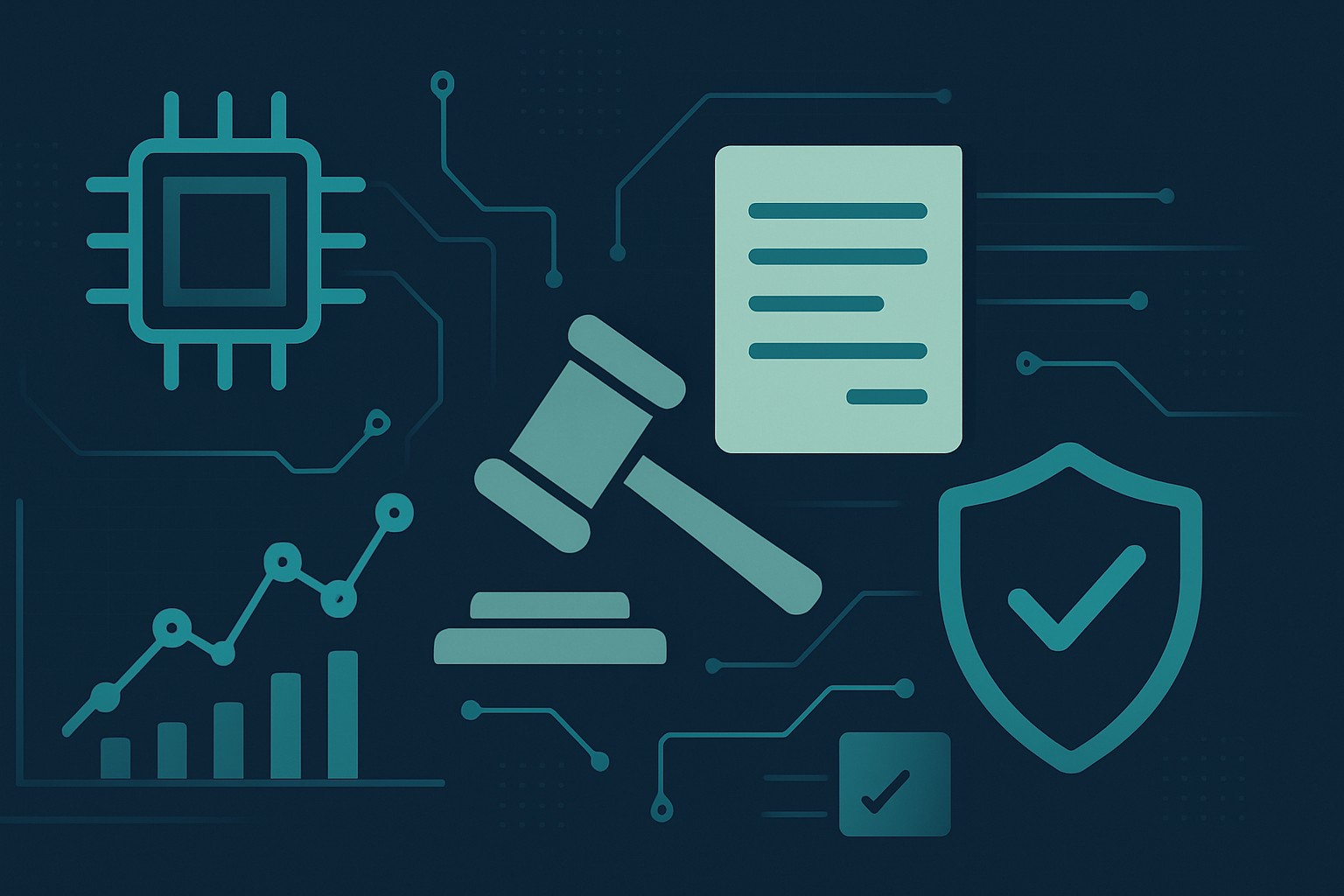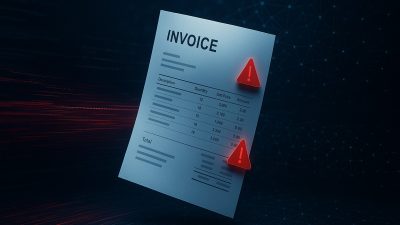In today’s rapidly evolving regulatory landscape, financial institutions and other businesses face increasing pressure to comply with a complex web of rules and regulations. Traditional compliance methods, often involving manual processes and outdated technology, are proving to be inefficient, costly, and prone to errors. This is where RegTech, or Regulatory Technology, comes into play. RegTech refers to the use of technology to streamline and automate compliance processes, making them more efficient, accurate, and cost-effective.
Understanding RegTech
RegTech encompasses a wide range of technologies and solutions designed to address various compliance challenges. These technologies include:
- Data Analytics: Analyzing large datasets to identify patterns, anomalies, and potential compliance risks.
- Automation: Automating repetitive tasks such as data collection, report generation, and regulatory filings.
- Cloud Computing: Providing scalable and secure infrastructure for storing and processing compliance data.
- Artificial Intelligence (AI) and Machine Learning (ML): Using AI and ML algorithms to detect fraud, monitor transactions, and predict compliance violations.
- Blockchain: Enabling secure and transparent data sharing and verification for compliance purposes.
The primary goal of RegTech is to help organizations meet their regulatory obligations more effectively and efficiently. By leveraging technology, companies can reduce the burden of compliance, minimize the risk of non-compliance, and improve their overall operational performance. “How does RegTech improve regulatory reporting?” is a common question, and the answer lies in its ability to automate data aggregation and report generation.
Benefits of RegTech for Compliance
RegTech offers numerous benefits for organizations seeking to improve their compliance programs. Some of the key advantages include:
Improved Efficiency
RegTech solutions automate many of the manual tasks associated with compliance, such as data entry, document review, and report preparation. This automation frees up compliance staff to focus on more strategic activities, such as risk assessment and regulatory analysis. For small businesses, “What are the benefits of RegTech for small businesses?” often centers around saving time and resources.
Reduced Costs
By automating compliance processes, RegTech can significantly reduce the costs associated with manual labor, paper-based processes, and compliance errors. Additionally, RegTech solutions can help organizations avoid costly fines and penalties for non-compliance.
Enhanced Accuracy
RegTech solutions leverage data analytics and AI to identify and prevent compliance errors. These technologies can detect anomalies, flag suspicious transactions, and ensure that data is accurate and consistent. This enhanced accuracy reduces the risk of non-compliance and improves the quality of compliance reporting.
Better Risk Management
RegTech solutions provide organizations with real-time insights into their compliance risks. By monitoring key risk indicators and identifying potential vulnerabilities, companies can proactively address compliance issues before they escalate. “RegTech solutions for anti-money laundering compliance” are particularly effective in this regard.
Increased Transparency
RegTech solutions improve the transparency of compliance processes by providing a clear audit trail of all compliance activities. This transparency makes it easier for organizations to demonstrate compliance to regulators and other stakeholders. Blockchain technology can further enhance transparency by providing a secure and immutable record of compliance transactions.
Implementing RegTech
Implementing RegTech requires a strategic approach that considers the organization’s specific compliance needs and challenges. Here are some key steps to consider when implementing RegTech:
- Assess Your Compliance Needs: Identify the specific compliance areas where RegTech can provide the greatest benefit.
- Select the Right Solutions: Choose RegTech solutions that are tailored to your organization’s needs and integrate seamlessly with your existing systems. “RegTech vendor selection” is a critical process.
- Develop a Comprehensive Implementation Plan: Create a detailed plan that outlines the scope, timeline, and resources required for implementation. “How to implement RegTech in your organization” requires careful planning.
- Train Your Staff: Provide adequate training to ensure that your staff understands how to use the RegTech solutions effectively.
- Monitor and Evaluate Performance: Continuously monitor the performance of your RegTech solutions and make adjustments as needed to optimize their effectiveness. “RegTech return on investment” should be regularly assessed.
Challenges and Future of RegTech
While RegTech offers significant benefits, there are also some challenges to consider. These challenges include:
- Data Security and Privacy: RegTech solutions often involve the collection and processing of sensitive data, raising concerns about data security and privacy. “RegTech for data privacy” is a growing area of focus.
- Integration with Existing Systems: Integrating RegTech solutions with existing IT systems can be complex and costly.
- Regulatory Uncertainty: The regulatory landscape is constantly evolving, which can make it difficult to ensure that RegTech solutions remain compliant over time.
- “RegTech adoption challenges” are often related to legacy systems and organizational culture.
Despite these challenges, the future of RegTech is bright. As technology continues to advance and regulatory pressures increase, the demand for RegTech solutions will only grow. Emerging trends in RegTech include:
- AI-powered compliance solutions: AI and ML will play an increasingly important role in automating compliance processes and detecting compliance risks.
- Cloud-based RegTech platforms: Cloud computing will provide scalable and cost-effective infrastructure for RegTech solutions.
- Collaboration and data sharing: RegTech solutions will enable better collaboration and data sharing between organizations and regulators.
- The “Future of RegTech” will likely involve more sophisticated and integrated solutions.
Examples of RegTech in the Financial Industry
The financial industry is at the forefront of RegTech adoption, with numerous examples of how technology is being used to improve compliance. Some notable examples include:
- Anti-Money Laundering (AML): RegTech solutions are used to monitor transactions, detect suspicious activity, and comply with AML regulations.
- Know Your Customer (KYC): RegTech solutions automate the process of verifying customer identities and conducting due diligence.
- Regulatory Reporting: RegTech solutions streamline the process of collecting and reporting regulatory data. “RegTech examples in the financial industry” are becoming increasingly common.
In conclusion, RegTech is transforming the way organizations approach compliance. By leveraging technology, companies can improve efficiency, reduce costs, enhance accuracy, and better manage their compliance risks. As the regulatory landscape continues to evolve, RegTech will play an increasingly important role in helping organizations meet their regulatory obligations and maintain a competitive edge.








